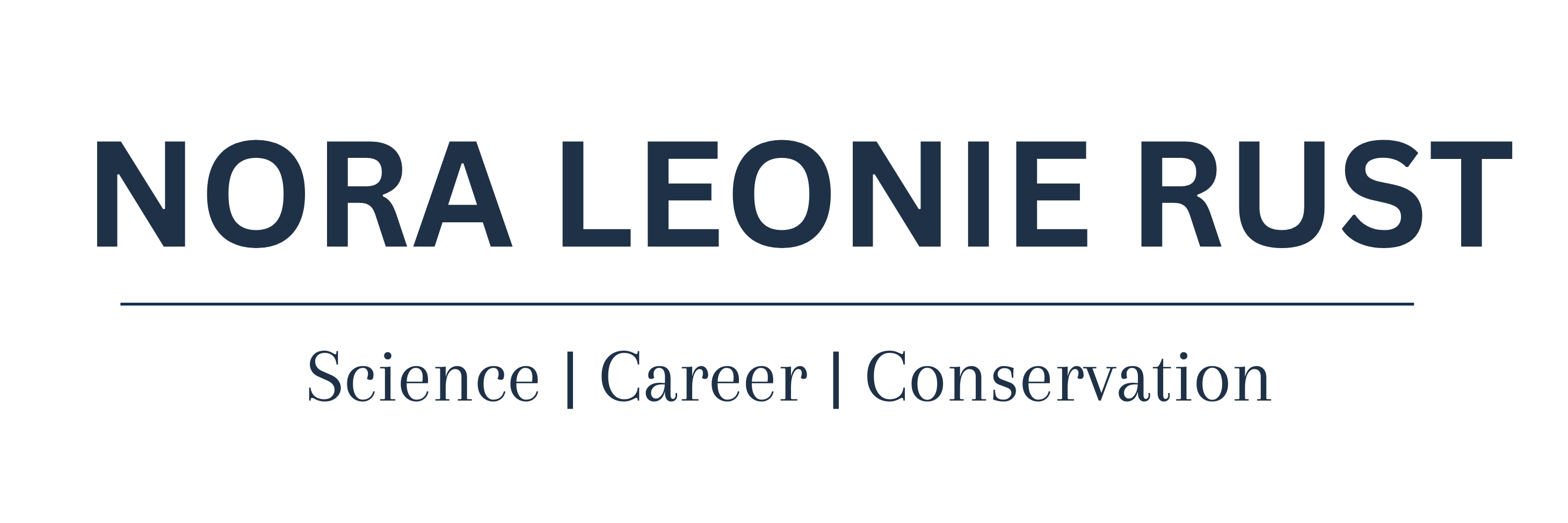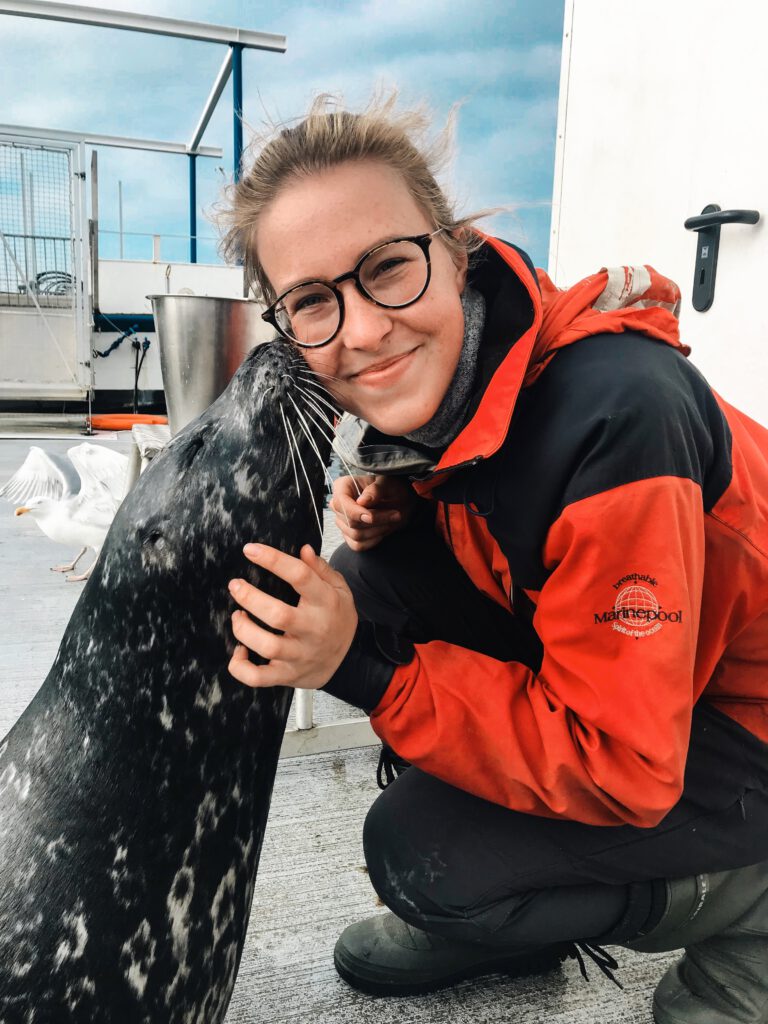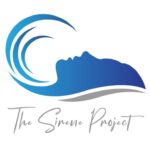Nora Leonie Rust
Degree: B.Sc. in Biology
Current job: Currently I’m studying tropical biology and marine conservation in Bali for one semester. I will move back to Germany in October to study marine biology.
Current project: While I am studying here in Bali I am working on my student project about shark bycatch in the tuna longline fishery of Bali. I want to have a look at the catch volume and composition. Unfortunately I cannot go to the main harbours directly because of covid-19, this makes whole process really difficult.
Where are you from? Hamburg, Germany
Current country or residence: Currently I live in Bali, Indonesia for 6 months, and I love it here!
Questions for Leonie
How did you get into the field of ocean conservation?
The moment I knew ocean conservation would be my passion was when I watched a documentary about sailfish. I always loved to watch documentaries about animals, our ocean or people working in the ocean. After I graduated from school I volunteered in the Bahamas to collect data about the fish diversity of coral reefs. I learned so much and also found my passion for diving. That was the point where I knew I want to work in the ocean! I fell in love with sharks when I saw my first one and getting more and more knowledge about these amazing animals led me to conservation. I want to change the way people see sharks and want to show them how important and beautiful they are.
What do you enjoy most about conservation?
That’s hard to tell! I love everything, but I think learning and teaching is the most beautiful thing about ocean conservation! I love to learn from others as well as teach people about the ocean and how we can protect it.
What do you believe is the most difficult thing about conservation?
I think the most difficult thing is to deal with setbacks in conservation. I was so angry when Japan withdrew from the International Whaling Commission last year. Sometimes passionate people work so hard and at the end nothing changes. That can be really overwhelming sometimes.
What concerns you most regarding the future of our oceans?
I am concerned that we don’t change our actual behaviour even if we all know about climate change, overfishing or plastic pollution. Companies try to “green wash” their image, all tough they are still not sustainable at all and leaders around the world don’t want to implement stricter regulations to fight climate change. Its challenging, but I stay positive.
Your most memorable moment working in ocean conservation?
My most memorable moment of working in ocean conservation was unfortunately not a good one, but also motivated me to work in this field. When you are interested in conservation and how to preserve life on earth you live sometimes in a bubble where you only talk and discuss with people with the same interests. I worked as an intern as I recognize that not every scientist is a conservationist at the same time. I always thought when you study science and know the details of our issues of climate change, deforestation or overfishing you would be concerned but that’s not the case.
What would you recommend your 16 year old self who wants to pursue a career in ocean conservation?
The ocean is our home. It is there we came from and we have to take care of it. That starts by myself and yourself. Try to reduce your plastic consumption and your carbon footprint. Eat less fish or no fish at all. Don’t buy shells or turtle souvenirs on your holidays. Be aware and educate yourself every day a little bit more! Learning and teaching is the key. Tell your friends and family how to help the ocean and spread it on social media as well.
One thing you do daily or weekly to be more sustainable?
I am trying to be more sustainable every day. I swab to alternative products like metal straws, last swab, shampoo bars or toothpaste tabs and I am also trying to reduce to buy food wrapped in plastic. I don’t really eat meat or drink milk, I always take the train or bus in Germany and I switched to a green bank and green energy. There are so many opportunities to be more sustainable!
What is your …
Favorite Documentary: plastic ocean, the lagoon, sharkwater, blackfish
Favorite Sustainable Product: I have a lot of favourite sustainable products, but my absolute favourite for this year is “Lastswab”. A reusable cotton swab and I was so impressed! I can highly recommend this product! I will never buy cotton swabs again.
I’ve always loved sharks
As a kid I always wanted to be a hero and to save the world. I never thought it would be in conservation. I always felt like I was not complete or that I am not belonging to where I was. Traveling to the ocean was like coming home. Slipping into the waves and going underwater to see its beauty is still the best thing I could do! My mom always taught me how to treat animals right and how to help them, while my father showed me the world of science. Animals and also conservation was a part of my life from a very early age on. My family was always the “animal-rescue-station” for friends and neighbours that found helpless animals.
As a teenager I knew I wanted to work in conservation and study biology. Documentaries like the “The Blue Planet“ set the desire for working as a marine scientist. The documentary “sharkwater” with one of the most inspiring humans Rob Stewart led me to shark conservation. I always loved sharks! When I watched movies like “jaws” I never thought the shark is the monster and when they finally killed the shark at the end of the movie I was sad. My main goal is to work in shark conservation to fight against shark finning and to reduce the bycatch of sharks in the fishery. I want to educate people about sharks and our oceans. So I started a blog last year where I want to write about conservation and also a sustainable lifestyle.
In February 2020, I moved to Bali, Indonesia to study a semester abroad. This taught me so much. I fell in love with the island and the people. Studying conservation and tropical ecology was one of the best decisions to gain experience in ocean conservation. We helped the “Nusa dua coral reef foundation” to transplant new corals and volunteered at one of the turtle rescue centres to release baby turtles. Currently I am working on my student’s project about the bycatch of sharks in the tuna fishery in Bali where I dove deeper into the topic such as the regulations and laws in Indonesia. I hope I can do this as my job someday and that I will meet a lot of people with the same interests and passion.


